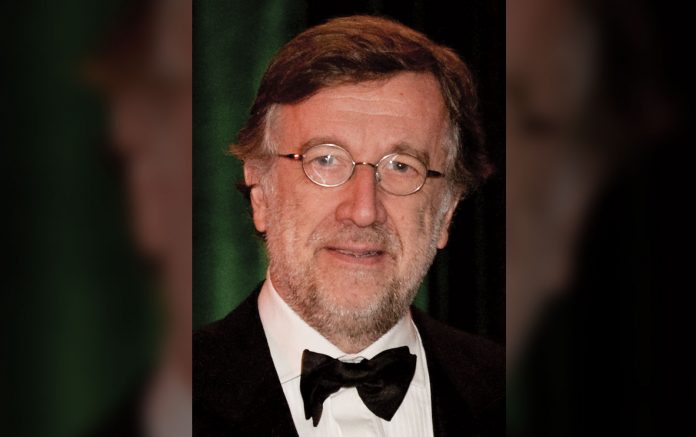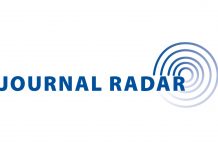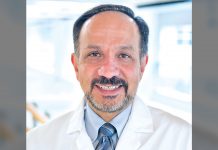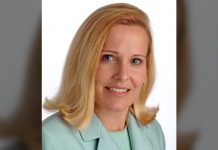Posted: February 2018
Giorgio Vittorio Scagliotti, MD, Professor of Oncology at University of Torino and Head of the Department of Oncology and Chief of the Division of Medical Oncology at the San Luigi Hospital in Torino, Italy, earned his medical degree and completed his postgraduate training in respiratory medicine, internal medicine, and medical oncology at the University of Torino. He is a member of several scientific societies, including the IASLC, the Italian Society of Respiratory Medicine, The Italian Association of Medical Oncology, the European Respiratory Society, and the American Society of Clinical Oncology. Dr. Scagliotti was an IASLC Board member from 2003-2007 and was the 2016 Addario Lectureship Award recipient.
In the interview below, Dr. Scagliotti shares his vision for thoracic oncology and his perspective on international issues and the IASLC’s involvement in solutions.
Q: Where is thoracic oncology going as a field?
A: Thoracic oncology is moving toward a step-by-step implementation of precision medicine, keeping in mind that not every therapeutic strategy should be centered on targeted therapies. While targeted therapies, at best, will constitute a therapeutic choice for 40% of our patients, other innovative approaches, such as immunotherapy, will have arrived on the therapeutic stage in a timely manner and can address the needs of those whose tumors do not harbor oncogenic drivers. Patient stratification issues in immunotherapy studies must be solved to identify and treat the optimal subgroup of patients. In addition, we must better understand the role of “omics” in early disease and the real contribution of this area of study to real-world diagnosis and management.
Q: How will the insights and challenges you’ve experienced as a leader in thoracic oncology in Europe influence your tenure as IASLC President?
A: The differences among European healthcare systems and those in the United States are still huge. Because the IASLC membership consists of so many different national perspectives, we should avoid discussing the pros and cons of each system. It is a matter of fact that drug accessibility in some European countries still represents a relevant societal issue, and critical drugs are not yet available for many patients. In addition, the average gap in time between drug approvals in the major European Union countries and the United States still exceeds 1 year.
Q: What special challenges do you anticipate in an era when the National Institutes of Health, the National Cancer Institute, and the European Medicines Agency budgets are threatened with cuts?
A: That is a critical problem to be solved. Scientific organizations, such as the IASLC, should become preferred partners for regulatory agencies to act as “institutional advisors.” If we look carefully at our new strategic plan, this is an issue that we would like to face head-on. Obviously, conflicts of interest could complicate any potential solutions, but the IASLC is ready to propose solutions that will guarantee independent judgment.
Q: Please comment on the research “alliance” that seems to exist between industry, government, and academia. Is the model developed by France exportable to other countries or continents?
A: We should stop seeing pharmaceutical companies as enemies and academia as the only good conductors of research. We must sit down and write clear rules for cooperation among the different stakeholders and then strongly encourage that cooperation. The French model is pretty interesting, but we should be open to a more structured cooperation, especially among pharmaceutical companies and a network of research institutions to establish large research networks. The intellectual property issues can be solved in the pure interest of our patients.
Q: As we witness major therapeutic advances, can we contain or handle costs?
A: Affordability is a question not only for oncology but for medicine in general; it is a matter of fact that oncology will be the major therapeutic area to be affected by a huge increase of costs by 2020. My personal view favors innovation when the innovation is coming with real and meaningful increases in survival; whereas the “me-too” agents should be abandoned. I am not an expert in pharmacoeconomics, but I know that every country in Europe is looking to different strategies for reimbursement, some of them really innovative, such as the “pay-for-value” approach introduced by the Italian regulatory agency.
Q: How will the IASLC expand its multidisciplinary mission? How about its international outreach, especially to developing countries?
A: Here is the core of IASLC’s business. Our main goal is to understand the needs of different parts of the world and provide customized approaches to help physicians in those areas, in turn, provide state-of-the-art diagnosis and treatment for thoracic malignancies. This is obviously not an easy task, but we will engage all of our energies and resources.
Q: From a more general perspective, which roles should academic and medical societies, as well as patient advocacy groups, play in the advancement of science and medicine, now and in the future?
A: I truly believe all parties together should act as an army, with the only and ultimate aim of conquering lung cancer. ✦











